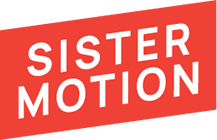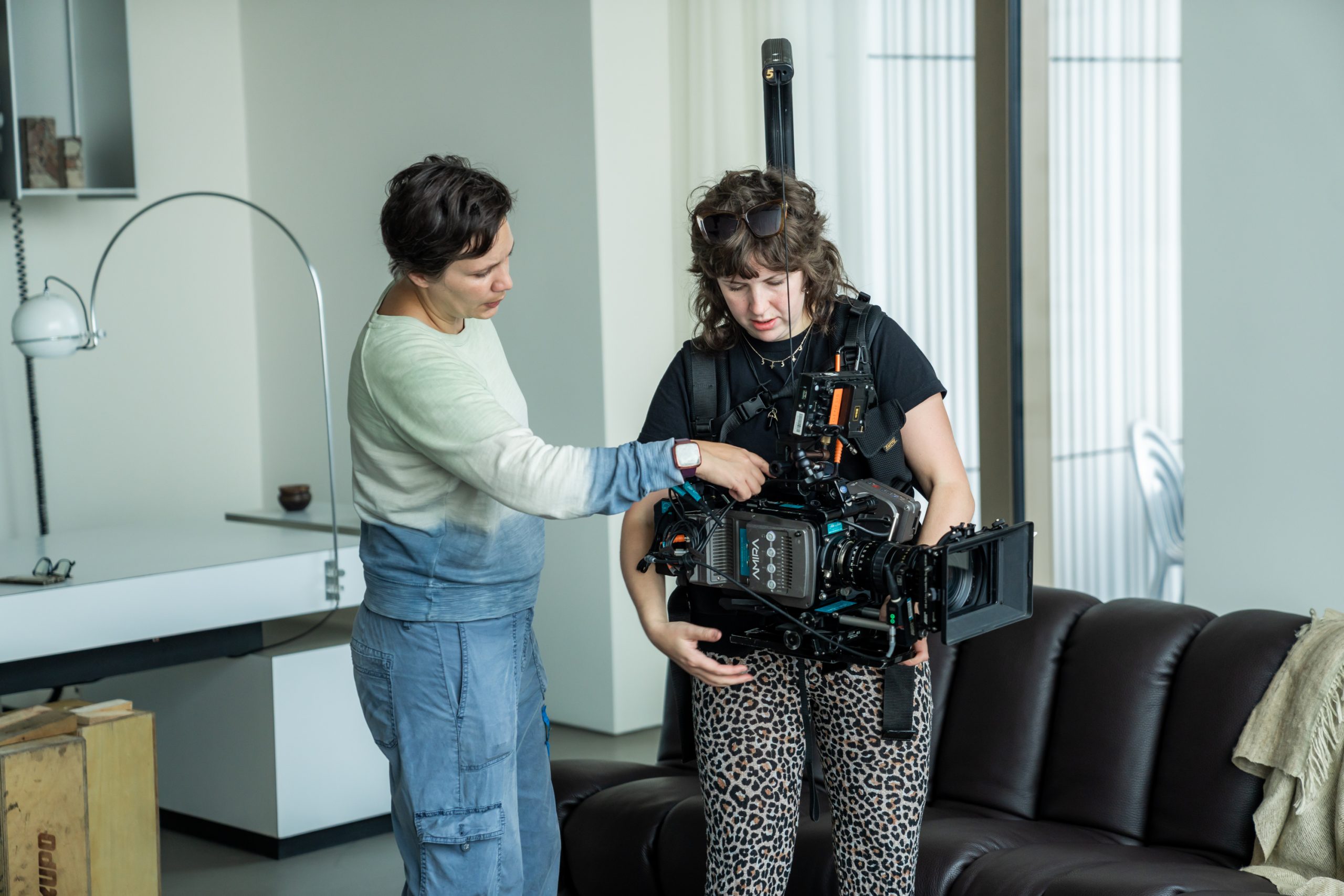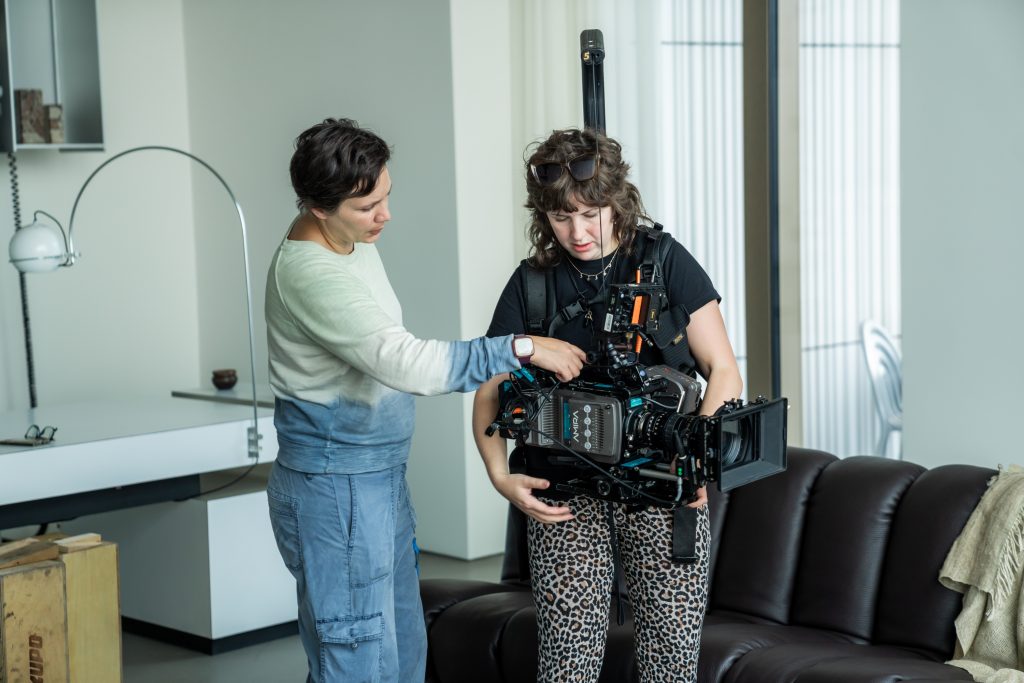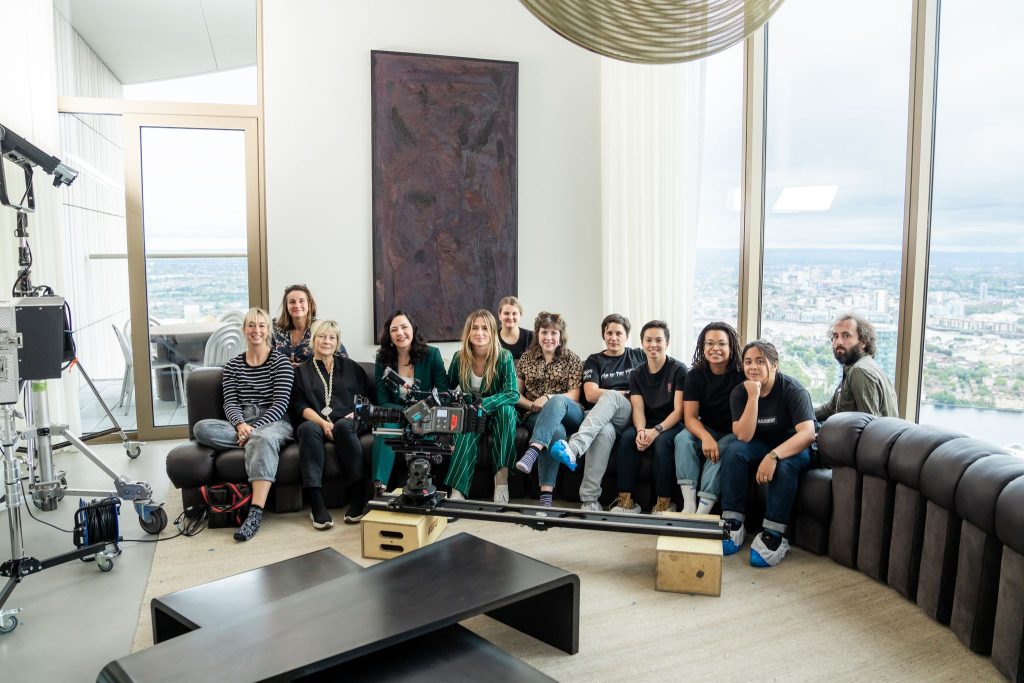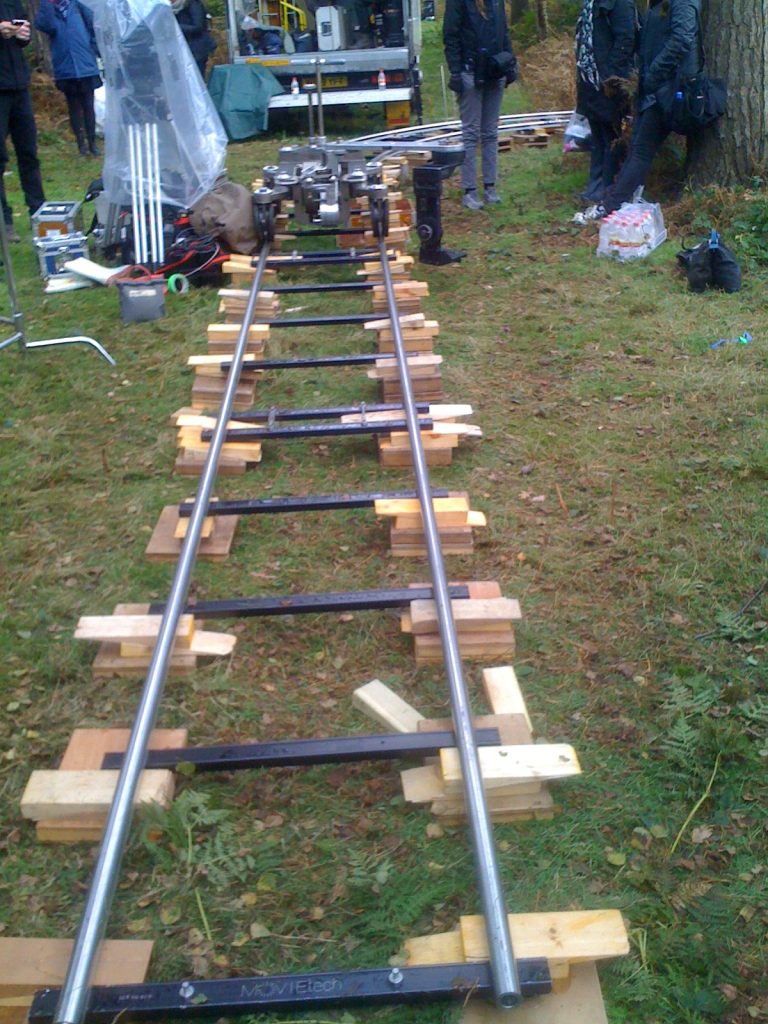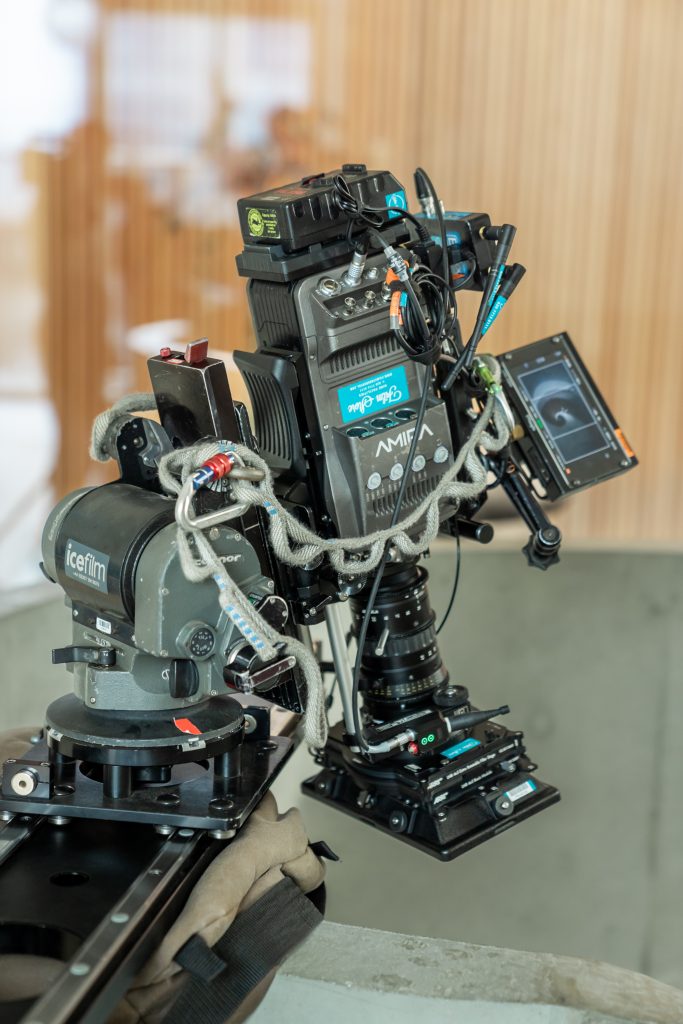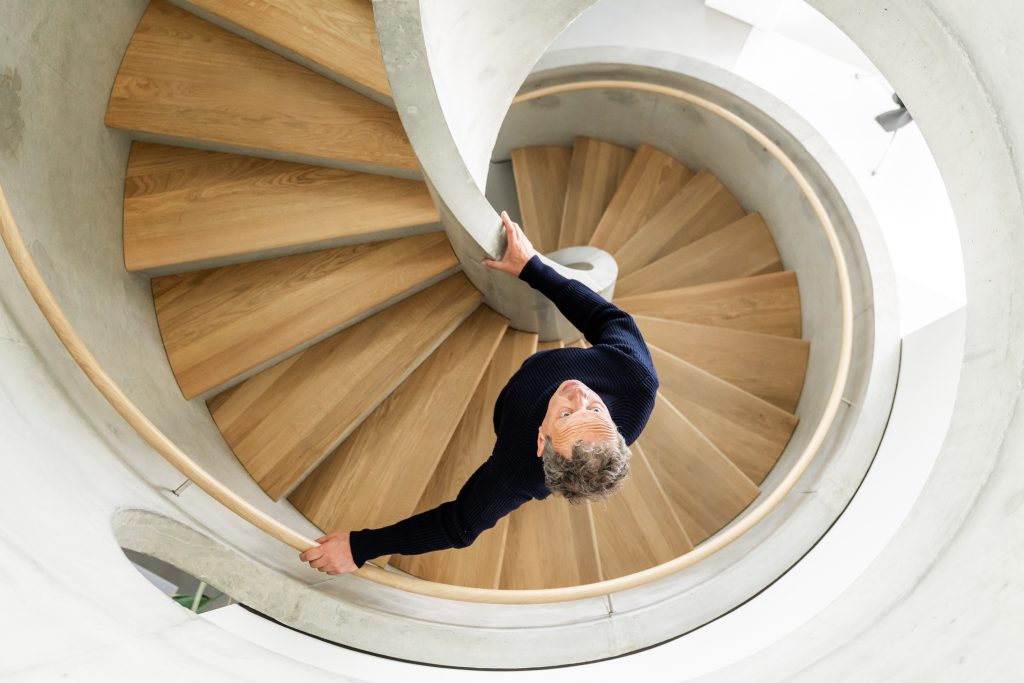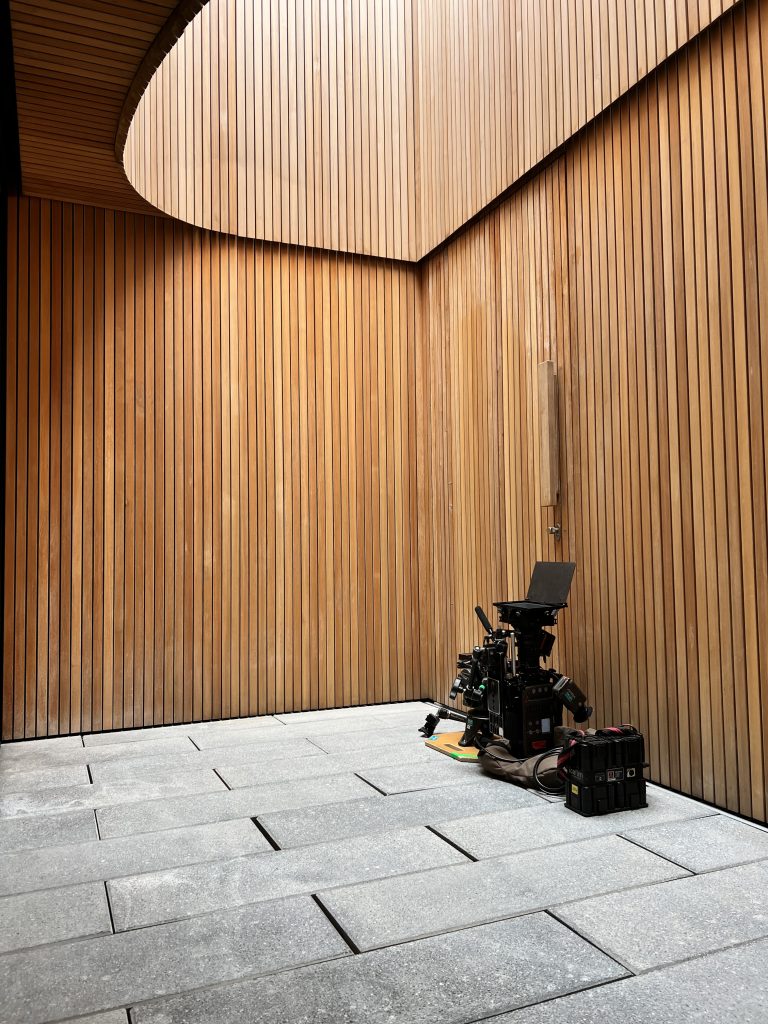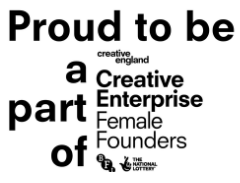Shannon sits down with Louisa Court, who knew from her seat in the Kilroy TV studio at the age of 11 that her future lay in film. She’s now got 15 year’s experience as a grip, with credits in TV dramas, commercials, and feature films ranging from Game of Thrones to John Lewis to Sherlock Holmes. Here’s her story.
“Any set I went onto, there was surprise at seeing a female doing the job. More recently, that’s less the case.”
Was it rare for women to fill roles in the grip department when you started?
It was typically a male role then. I had very little experience of the industry when I started training as a grip, so I wasn’t aware of how unusual I was. Right at the beginning, I did get a lot of attention with other grips seeking me out on set to introduce themselves. Any set I went onto, there was surprise at seeing a female doing the job. More recently, that’s less the case. There are a lot of women coming through, and a few that have been around awhile. There’s no animosity. It’s just that people – particularly on big features and commercials – can be surprised. But in drama and the TV world, it’s not a surprise anymore. Most people are aware that we’re about!
What was your path to gripping?
I was 26 when I started. I knew I desperately wanted to be in the film industry – it was always what I’d been aiming for. A training scheme came up and I realised they didn’t get many women applying. It wasn’t a role I knew particularly well or understood. But I was always a very practical person, I was always building something anyway, and that applies well to gripping.
What sparked your initial passion for film?
My nan was an actress in India. She never acted when she came to the UK, but I think I inherited something in her personality. I was never one of those children who said, “I want to do this, I want to do that”. I went on Kilroy when I was 11 and being in the studio – that was it. I was like, “This is what I want to do”. The only avenue I saw was to do acting classes. From there I got very involved in the technical theatre side and did that before moving into film.
What kinds of jobs are the most challenging?
Anyone in the industry would probably say the same thing – if you’re working with difficult people there can be a behaviour or mindset that just isn’t that pleasant. Generally, the further along you get in your career, you get a bit more choice about who you want to work with and you can be pickier about jobs, so you tend to work with the people you know you enjoy working with. Certainly in the earlier days the most stressful part was not knowing what environment you were walking into. But I think the industry has changed a lot in the time I’ve been in my career. I think the hierarchical attitude has gone away and it’s a lot more about being collaborative, supporting one another and trying to get the best out of each other.
What about physical challenges?
Our job can be dangerous, so there’s always anxiety when you’ve got car rigs or crane shots. You know the risks of those pieces of kit and that’s always nerve-racking. So it becomes part of the job to surround yourself with competent people who you know are going to have your back, looking for the things you’re missing.
“I think it’s important that we have women telling women’s stories, be it advertising, drama, music art – anything creative. We have a different perspective on the world.”
What kinds of jobs are you most attracted to?
I like to take roles where I know I’m going to learn. It’s an industry where there’s a hundred different ways of doing things. There are roles where I can learn more than others, so those are the ones I try to do when I’m looking at jobs and trying to choose.
What are some of the most important skills for a grip to learn?
Rushing when you’ve got dangerous pieces of kit is a no-no. Things could go wrong. So that’s a big learning curve – learning how not to be nervous on a set, finding that sense of calm and stillness. I was once told, “It doesn’t matter how big the set is, your job is still the same”. And that is true, whether you’re on a tiny little short or a great big feature film. It takes time to find that confidence so that even when things are going silly you can still be calm.
What aspects of the job do you enjoy the most?
My strongest skills are planning, coordinating and organising. I like the timekeeping side, going on recces, being part of team and a part of the process of thinking about how you’re going to get the shot. Beyond that, character-driven story is what I love.
Are there downsides to the work?
It can be very, very tough, very intense work in an unusual environment. I can imagine the Army’s pretty similar, without the imminent threat of death! There are moments when things just need to get done, so it’s no-nonsense and you gain a thick skin. You wouldn’t do it unless you love it. There are easier ways to make money!
What drew you to Sister Motion?
One thing I do think about quite a lot is the number of adverts for women’s products that you know have been created by men! I think it’s important that we have women telling women’s stories, be it advertising, drama, music art – anything creative. We have different perspective on the world.
Why do you love your work?
It’s the idea of being able to create those same emotions that drove me into the industry as a teenager, that ability to change someone’s perspective or change the way they’re feeling or give them an insight or help them to see something in a different light. It’s amazing. Going forward, I’m excited to be part of something that can change minds.
